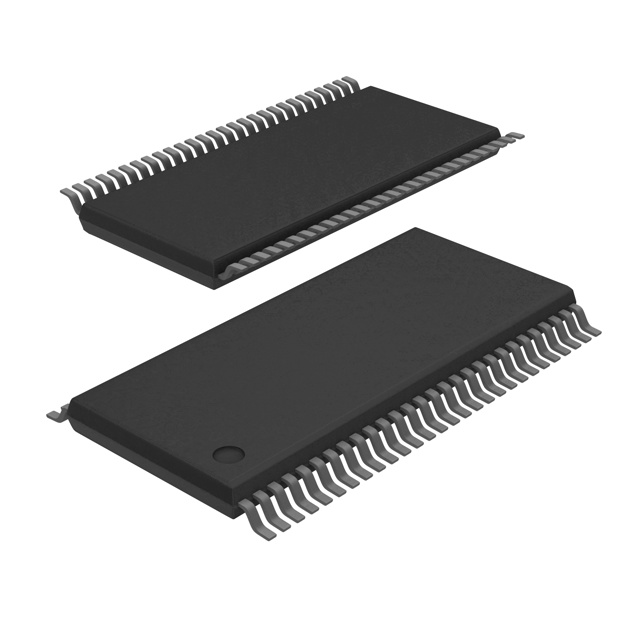SCAN16512ASM/NOPB
Manufacturer No:
SCAN16512ASM/NOPB
Manufacturer:
Description:
IC UNIV BUS TXRX 16BIT 64FBGA
Datasheet:
Delivery:





Payment:




In Stock : 0
Please send RFQ , we will respond immediately.









SCAN16512ASM/NOPB Specifications
-
TypeParameter
-
Supplier Device Package64-NFBGA (8x8)
-
Package / Case64-LFBGA
-
Mounting TypeSurface Mount
-
Operating Temperature-40°C ~ 85°C
-
Voltage - Supply2.7V ~ 3.6V
-
Current - Output High, Low24mA, 24mA
-
Number of Circuits16-Bit
-
Logic TypeUniversal Bus Transceiver
-
PackagingBulk
-
Product StatusObsolete
-
SeriesSCAN
The CY7C1041CV33-20ZI is a specific type of integrated circuit chip, commonly known as a SRAM (Static Random Access Memory) chip. Here are some advantages and application scenarios of this chip:Advantages: 1. High-speed operation: The CY7C1041CV33-20ZI chip operates at a high speed, allowing for quick data access and transfer. 2. Low power consumption: It is designed to consume low power, making it suitable for battery-powered devices or applications where power efficiency is crucial. 3. Non-volatile storage: The chip retains data even when power is turned off, ensuring data integrity and reliability. 4. Small form factor: The chip is available in a compact package, making it suitable for space-constrained applications.Application scenarios: 1. Embedded systems: The CY7C1041CV33-20ZI chip can be used in various embedded systems, such as microcontrollers, where fast and reliable data storage is required. 2. Networking equipment: It can be used in routers, switches, and other networking equipment to store routing tables, buffers, and other critical data. 3. Consumer electronics: The chip can be used in devices like smartphones, tablets, and digital cameras to provide fast and reliable data storage for applications and media files. 4. Automotive electronics: It can be used in automotive applications, such as engine control units (ECUs), infotainment systems, and advanced driver-assistance systems (ADAS), where high-speed data storage is required.It's important to note that the specific advantages and application scenarios may vary depending on the requirements and specifications of the overall system design.
SCAN16512ASM/NOPB Relevant information
-
SN74VMEH22501DGG
Texas Instruments -
SNJ54ABTH32316HT
Texas Instruments -
SN74ABT16501DGG
Texas Instruments -
SNJ54ABTH18502AHV
Texas Instruments -
SN74ALVCH16901DGG
Texas Instruments -
SNJ54LVTH18502AHV
Texas Instruments -
SN74ALVCH162601DGG
Texas Instruments -
SN74GTL16612ADLR
Texas Instruments -
SN74GTL16612ADGGR
Texas Instruments -

74ALVCH16601DGGS
Nexperia USA Inc.






